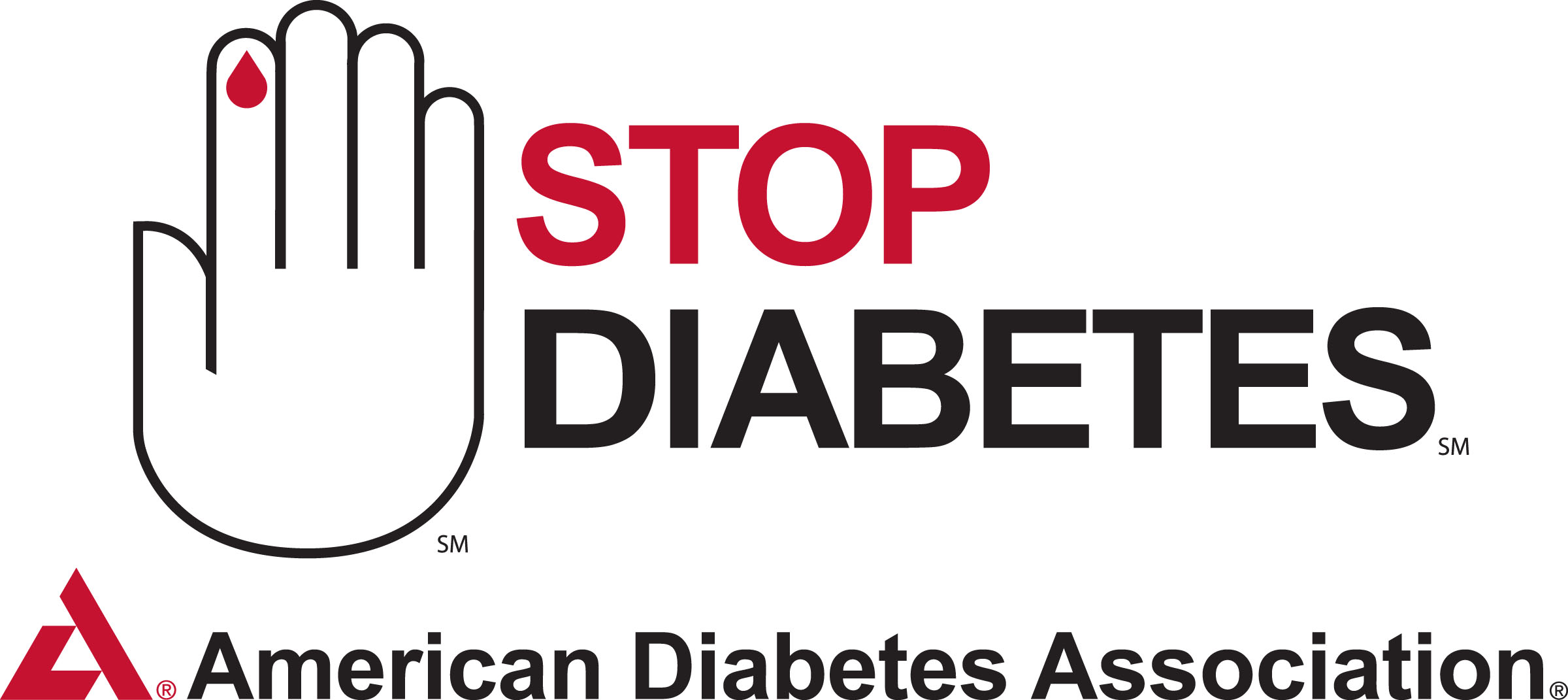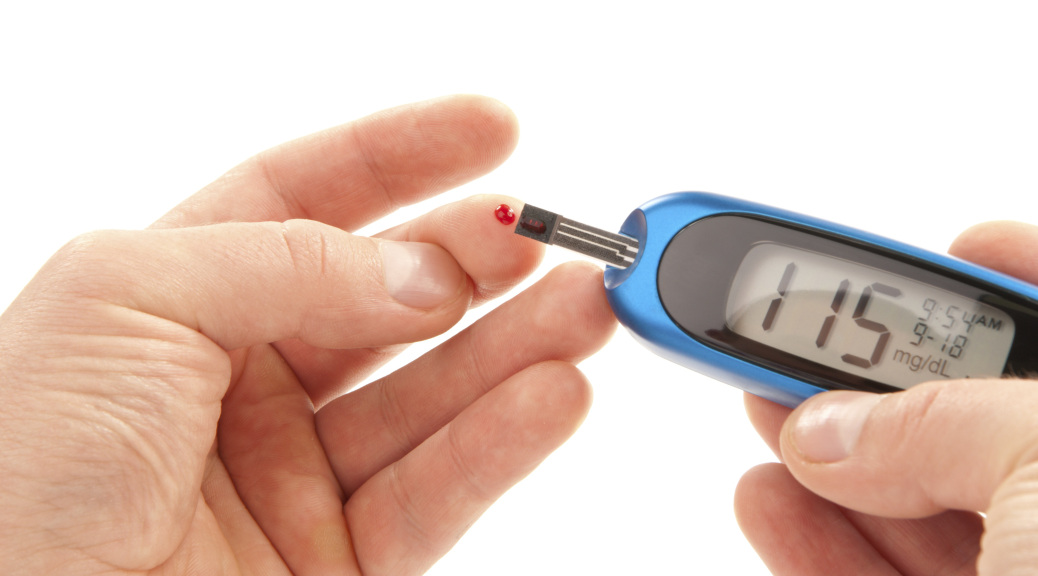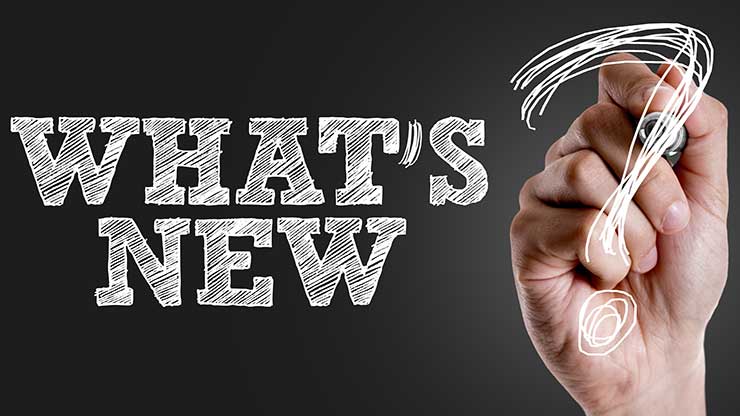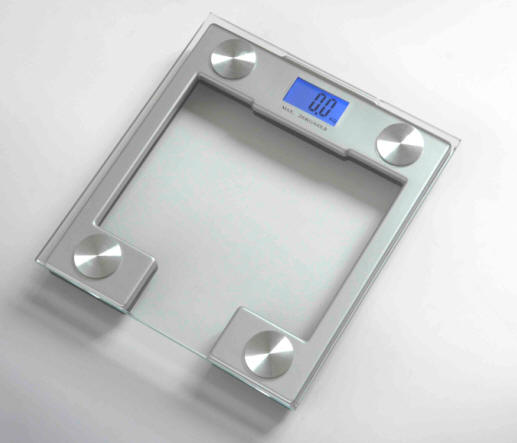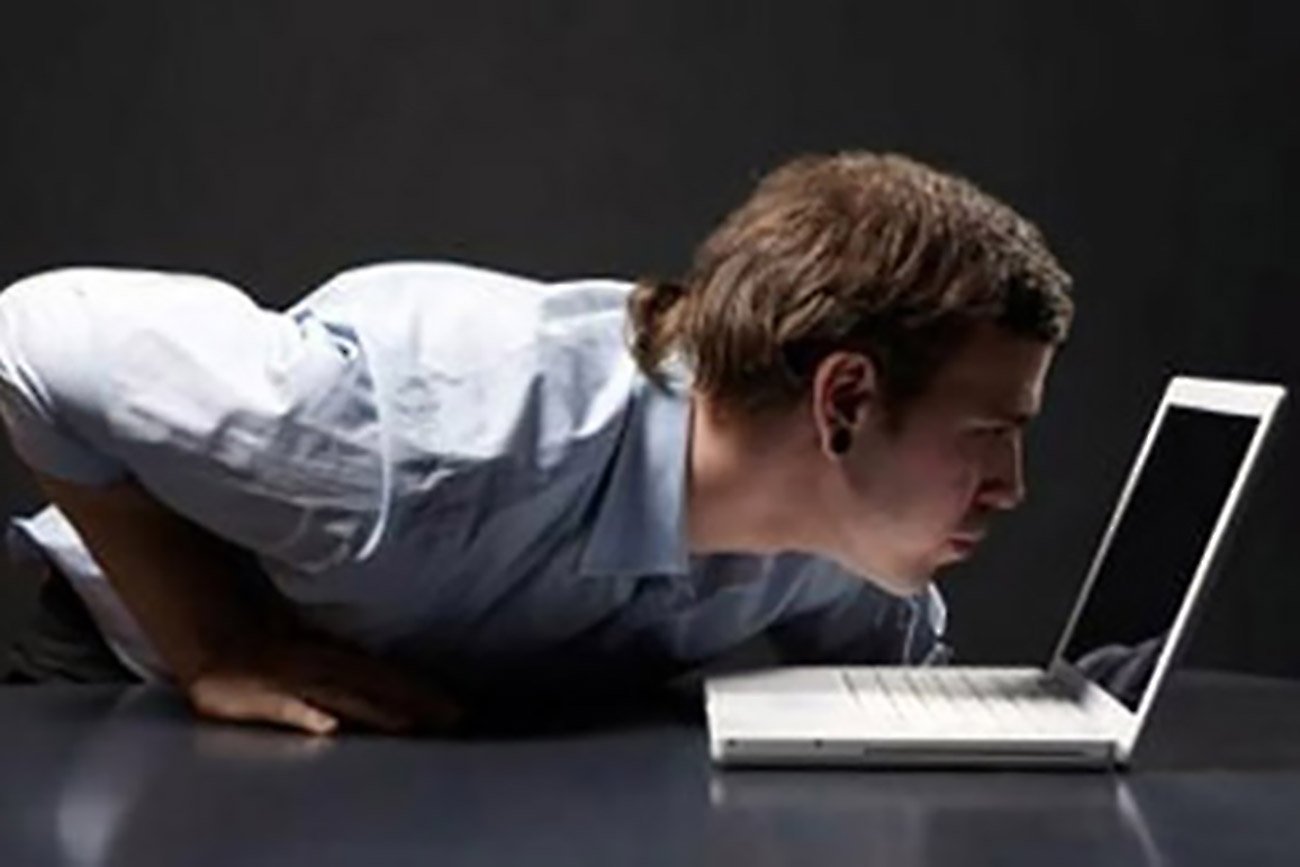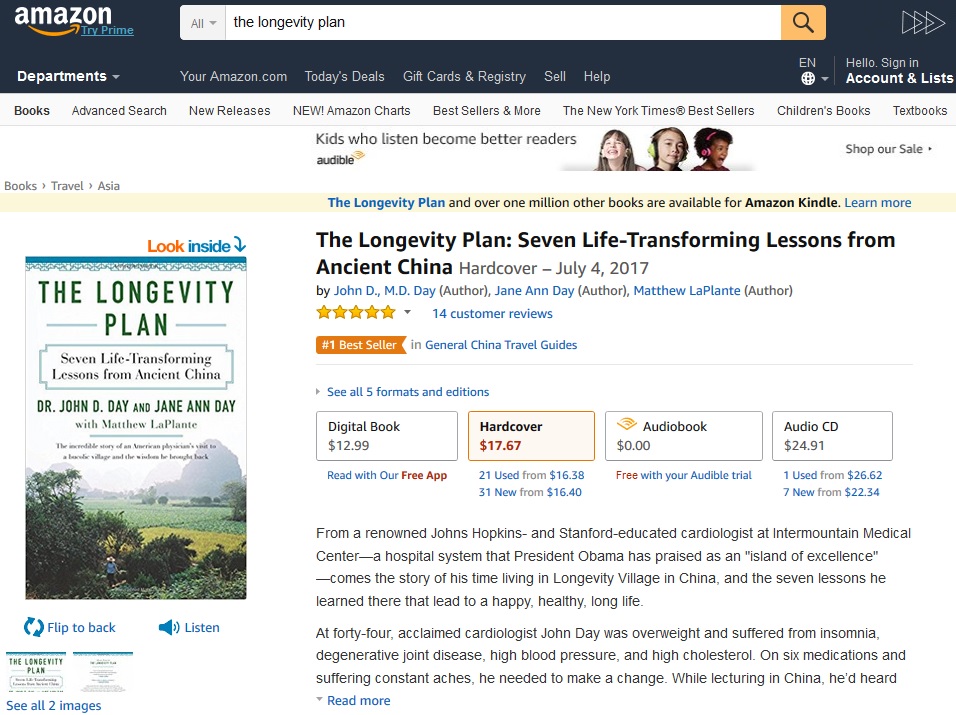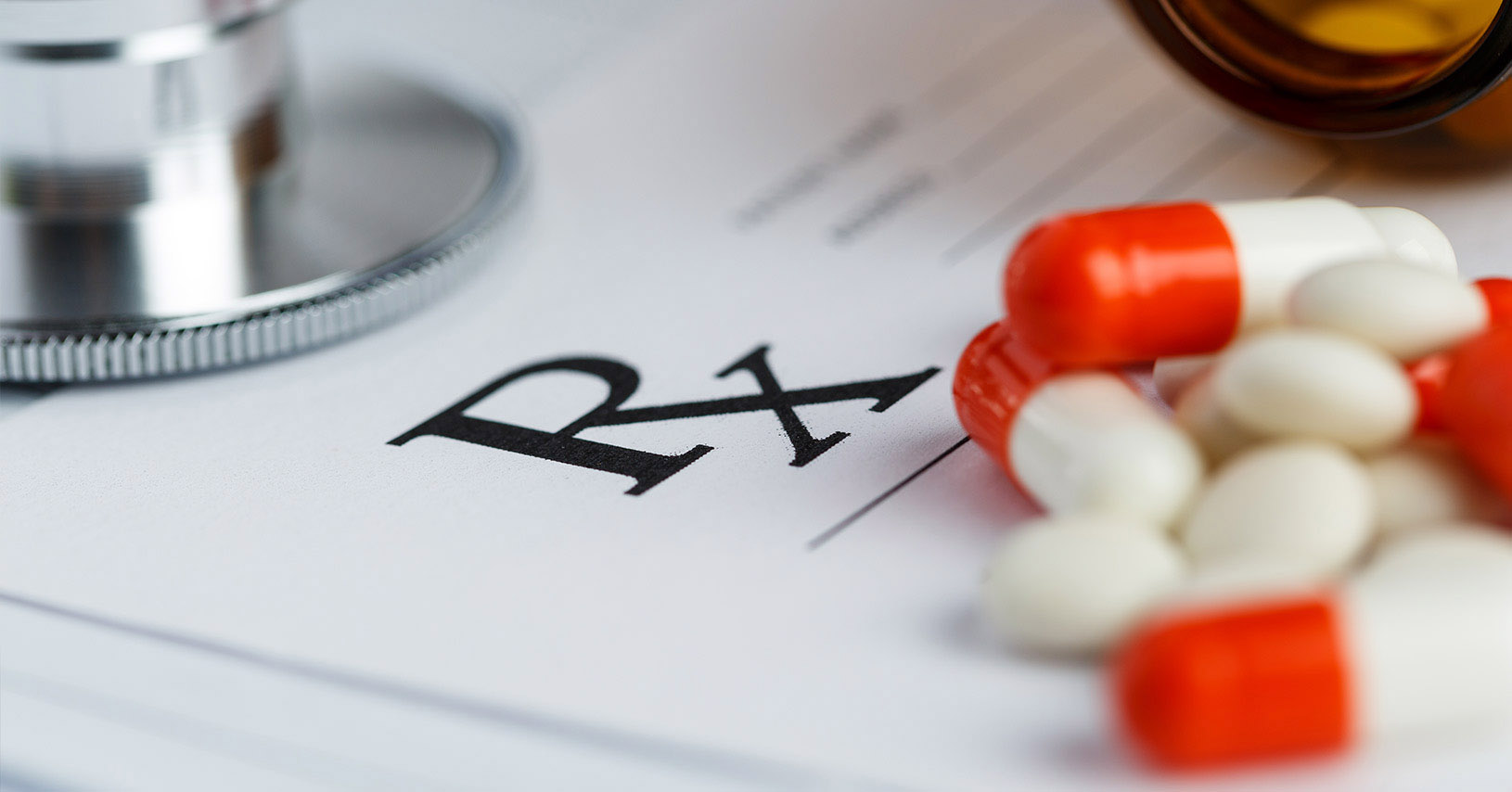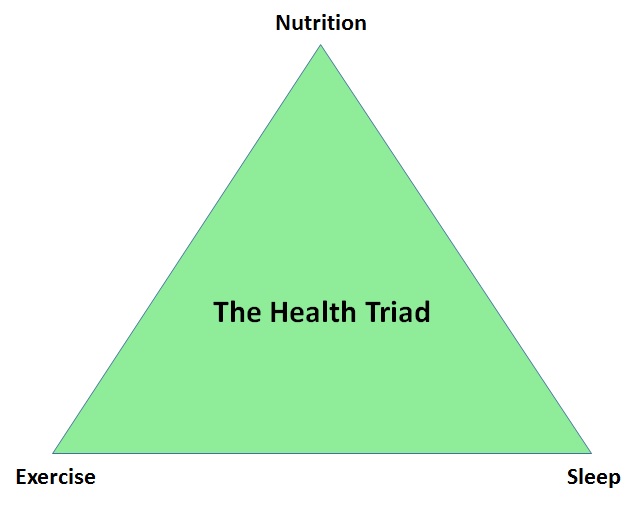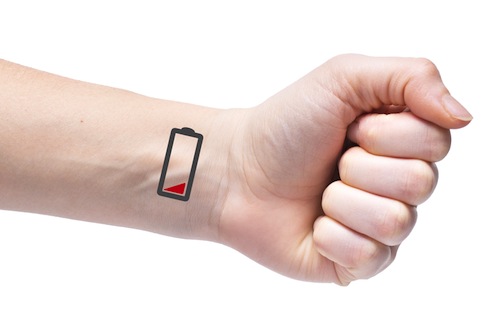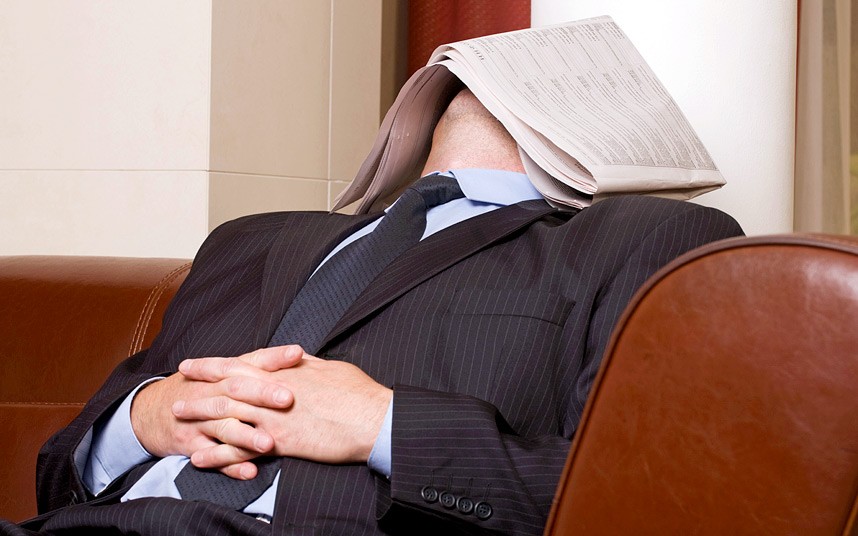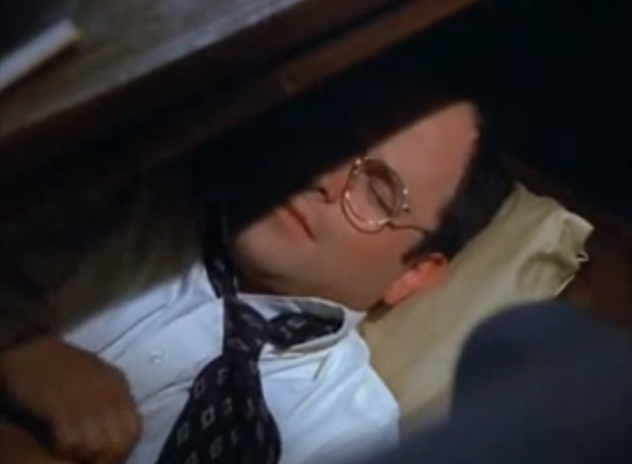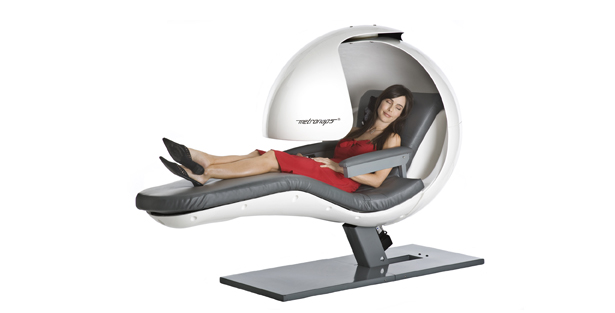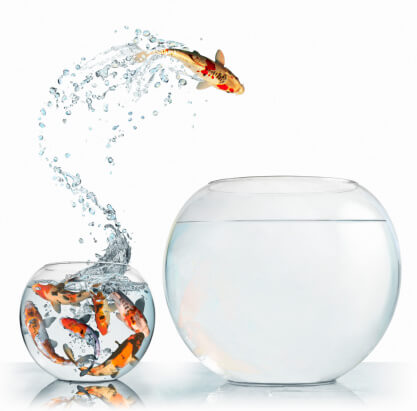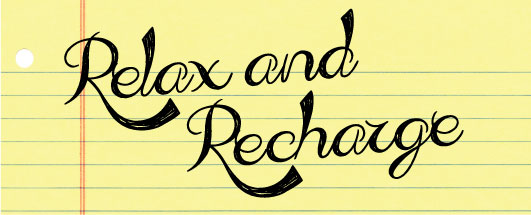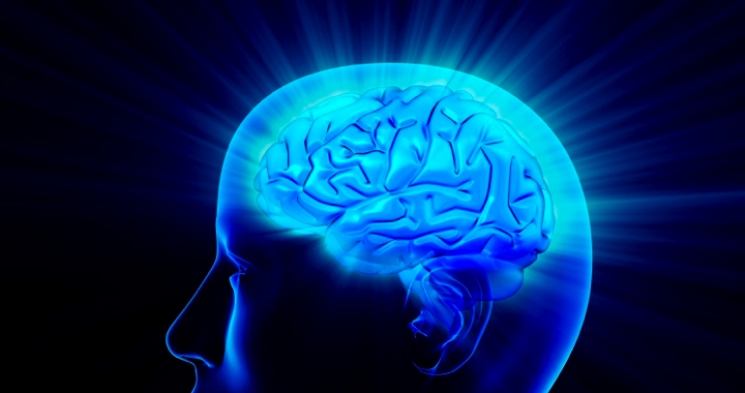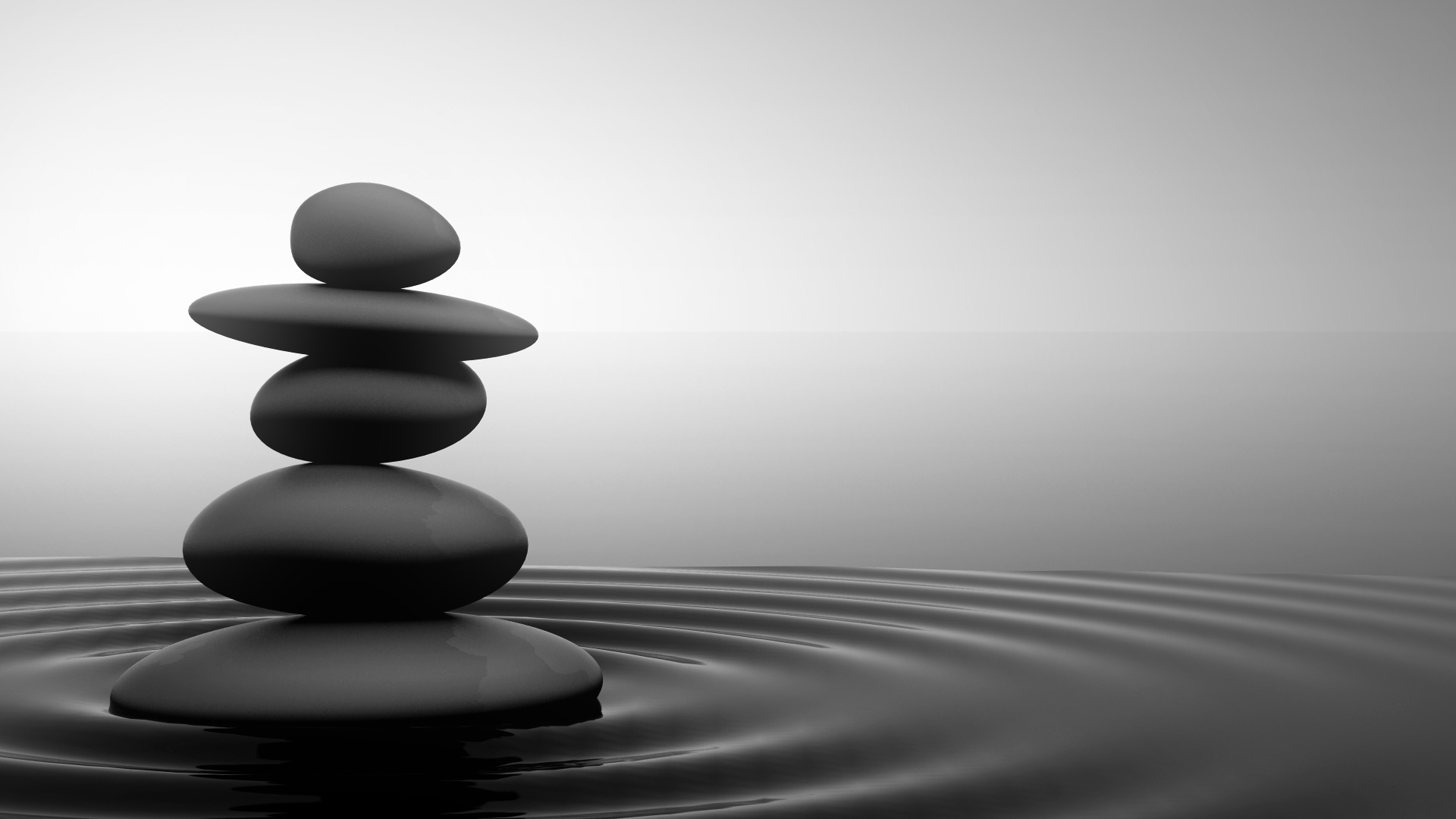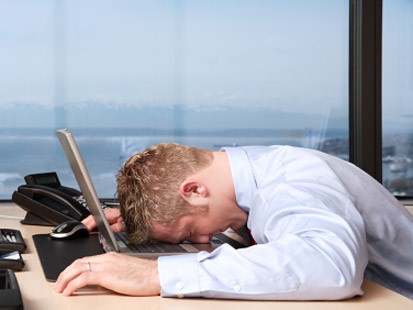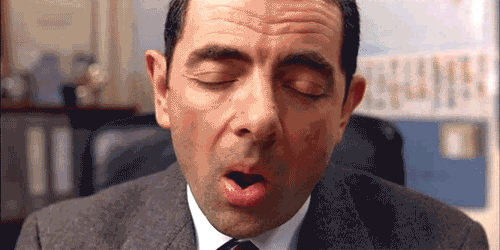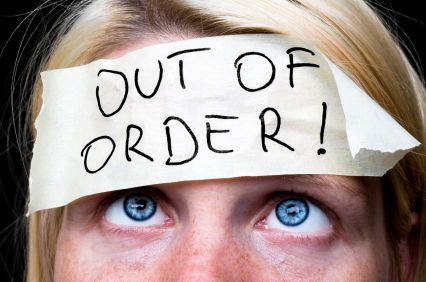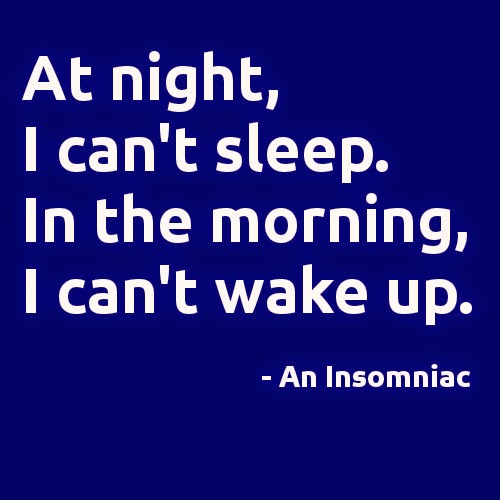There are some essential things in life that, like it or not, we just have to do. And one of them is to make time to get some sleep.
This is NOT an option. It’s a necessity.
And getting adequate sleep is mandatory…
We are moving into a new month, and you know what that means. Time to start building a new habit. As the saying goes, “time flies when you’re having fun”.
Remember, we are focusing on one new healthy habit every month.
- To make it easier to manage.
- By giving you time to make each one your own.
- While helping you develop 6 new habits in 6 months that will last a lifetime.
As you can tell by the title for month 3, we’re toning it down a little.
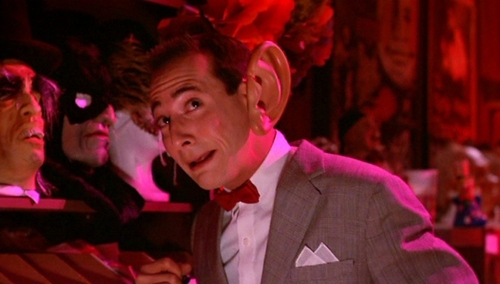
I know what you’re thinking, “But I thought we were here to work hard. I want to lose weight and get in great shape”.
And you are correct. We are, and you will. But stay with me because there’s a valid reason for this month’s habit, and you’ll be able to accomplish it with your eyes closed.
And that’s because our Pillar for Month 3 is SLEEP.
We will learn how getting the proper amount of rest will enable you to recharge your mental, physical, and emotional capacities so you can be your best, and capable of doing more.
Do I have your interest?
I hope so because you’re not going to want to snooze through this one. So let’s get started.
Sleep is a major part of your health & wellness.
In an article titled, “Why Is Sleep Important”, the National Institutes of Health (NIH) discusses how getting the right amount of sleep can help your memory, and improve learning ability, problem-solving, creativity, focus and decision-making skills.
So it’s obvious that if you don’t get enough rest, your abilities in these areas would be negatively impacted.
According to the NIH in this article, “Sleep plays a vital role in good health and well-being throughout your life. Getting enough quality sleep at the right times can help protect your mental health, physical health, quality of life, and safety. The way you feel while you’re awake depends in part on what happens while you’re sleeping.”
They go on to describe how sleep plays such an important role in your physical health. And that ongoing sleep deficiency increases your risk of heart disease, high blood pressure, diabetes, stroke, obesity, and even early death.
I encourage you to read this article at: http://www.nhlbi.nih.gov/health/health-topics/topics/sdd/why
So then this begs the question…
“What happens when we sleep?”
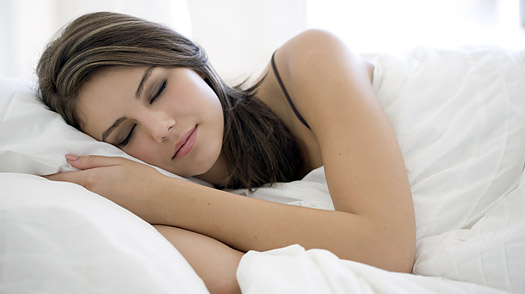
Here’s what the National Sleep Foundation says:
“Sleep architecture follows a pattern of alternating REM (rapid eye movement) and NREM (non-rapid eye movement) sleep throughout a typical night in a cycle that repeats itself about every 90 minutes.”
They go on to illustrate the role each stage and state of sleep plays:
NREM (75% of night): As we begin to fall asleep, we enter NREM sleep, which is composed of stages 1-4
Stage 1
- Between being awake and falling asleep
- Light sleep
Stage 2
- Onset of sleep
- Becoming disengaged from surroundings
- Breathing and heart rate are regular
- Body temperature drops (so sleeping in a cool room is helpful)
Stages 3 and 4
- Deepest and most restorative sleep
- Blood pressure drops
- Breathing becomes slower
- Muscles are relaxed
- Blood supply to muscles increases
- Tissue growth and repair occurs
- Energy is restored
- Hormones are released, such as: Growth hormone, essential for growth and development, including muscle development
REM (25% of night): First occurs about 90 minutes after falling asleep and recurs about every 90 minutes, getting longer later in the night
- Provides energy to brain and body
- Supports daytime performance
- Brain is active and dreams occur
- Eyes dart back and forth
- Body becomes immobile and relaxed, as muscles are turned off
In addition, levels of the hormone cortisol dip at bed time and increase over the night to promote alertness in morning.
Sleep helps us thrive by contributing to a healthy immune system, and can also balance our appetites by helping to regulate levels of the hormones ghrelin and leptin, which play a role in our feelings of hunger and fullness. So when we’re sleep deprived, we may feel the need to eat more, which can lead to weight gain.
The one-third of our lives that we spend sleeping, far from being “unproductive,” plays a direct role in how full, energetic and successful the other two-thirds of our lives can be.
If sleep is cut short, the body doesn’t have time to complete all of the phases needed for muscle repair, memory consolidation and release of hormones regulating growth and appetite. Then we wake up less prepared to concentrate, make decisions, or engage fully.
It’s interesting to see what occurs during the various states and stages of sleep. And I think the last 3 paragraphs sum it up very well. (Scroll back up and re-read those last 3 paragraphs in bold)
The consensus from my research puts the recommended amount of sleep for adults between 7 to 9 hours per night. Most experts agree that logging less than 7 or more than 9 is not advisable.
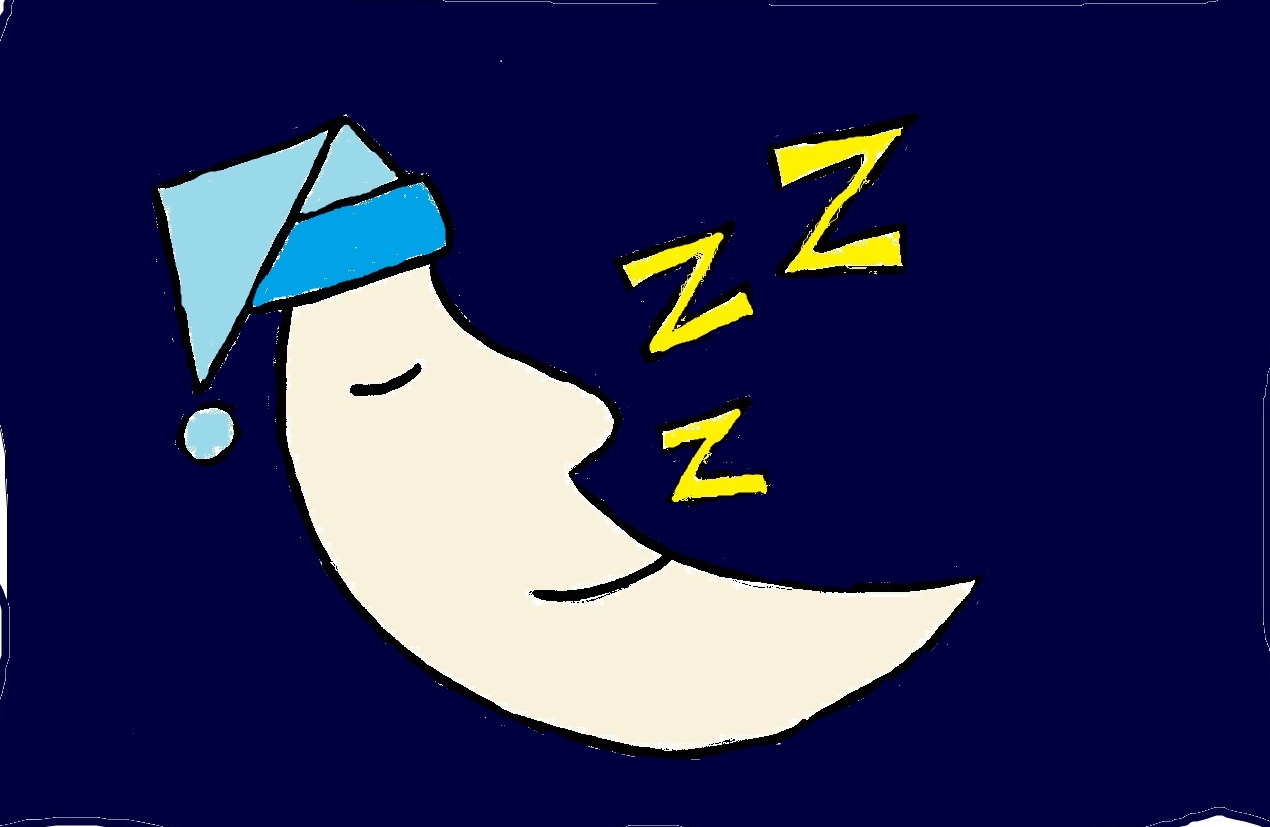
Over the past few years since I’ve been focusing on getting at least 7 but preferably 8 hours of sleep, I can say with absolute certainty that getting enough sleep makes a big difference the next day in so many ways.
And on those rare occasions when I get less than 7 hours, the exact opposite is true.
I hope you found this interesting. Next week we will try to put this into perspective by discussing what happens when you don’t get enough sleep. Until then, make sleep a priority and make sure that you are getting the recommended 7 to 9 hours per night.
If you schedule it, you have a much better chance of accomplishing it. And that may mean you have to go to bed a little earlier. But you’re worth it, so take care of yourself and get some sleep!
I’d like to wrap up with a sleep-related product recommendation.
It’s about the heavily promoted and advertised product is called “My Pillow”. But this is not a favorable rating or testimonial to buy the product. My recommendation to you is to NOT buy this product.
Although the inventor and CEO appears to be a good guy, his product My Pillow is garbage in my opinion, and not worth 2 cents. I’m simply passing this on to hopefully save you time and money.
Always remember, it’s not what happens to us that matters. Stuff happens to everyone.
It’s what we do about what happens to us that makes the difference.
So keep drinking plenty of water, make time for exercise, and find a way to get 7 to 8 hours of sleep every night.
Thank you for sharing your time with me. I hope you found value.
Now it’s time for YOU to take action…
What’s your Win to be Thin? Leave a comment below.
Click here to subscribe. You’ll receive an email with a link to each new post. And if you know someone that can benefit from this content, please share it with them.

